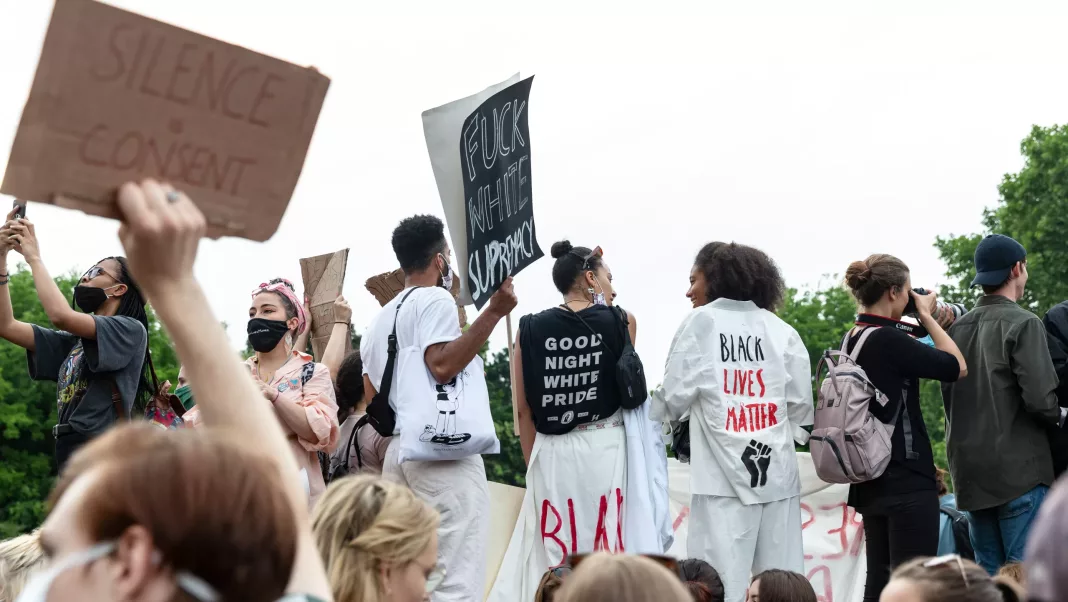Many of us have been told that the only political thing we must always do, and the most important thing we can do, is to vote. Whenever we are called to duty by the ballot box, we must read about the candidates, decide, and mark a little piece of paper. I won’t claim you should not vote. However, I believe just voting is far from fulfilling one’s political duty. While change sometimes comes from the ballot box, more often it comes from direct action. If you want to cause change, you must do more than vote – you must act.
Whether you care about healthcare, climate change, ongoing wars, or an annoying traffic light, political questions are all around you. Theoretically, or rather, hopefully, there is a politician or bureaucrat tasked with fixing the specific problem you care about. But that is far from certain. In many cases, when it comes to changing the status quo, these officials need to be constantly (and loudly) reminded that you need their help. In fact, they often need to be reminded that, essentially, they work for us. The way to do that is with civic engagement.
Civic engagement includes many things, anything between community group chats and protests outside politicians’ homes. People across society are likely to find different issues they care about and diverse avenues to express their opinions – and that is the point! If every single person who cared about a problem actively sought a solution, our streets would be cleaner, our schools better, and our water fresher. To twist Kennedy’s famous words, if we stopped asking what society could do for us, and started asking what we could do for society, I think we would all be happier.
This issue has been around for a long time, at least since the early nineteenth century, but I think it is uniquely important today. Although 2024 is the biggest election year in history, with billions of people around the world set to cast votes for all levels of government, democracies around the world are backsliding into crisis. Multiple regions are utterly devastated by wars, famine threatens the lives of millions, and unforeseeable extreme weather events are ever stronger. So many things seem to go wrong, and change seems almost impossible. But it is.
Changes, for better or worse, are brought about by people. Some people start atrocious wars, others secure long-awaited peace. It is usually individuals who fight against all odds that create change, and it is often only in retrospect that we hail these changes as great progress. As Martin Luther King said: “The arc of history bends towards justice”. Activists help ensure the arc of history bends in the right direction and reaches its destination as soon as possible. There are few individuals like King who led fights for liberation and independence, and we rightfully commemorate them. But, without many ‘regular’ people who followed them, they would not have made a difference. Only with the help of people who joined their struggle did the leaders and causes gradually become stronger.
As Oxford students, we have endless opportunities to join groups in their ongoing struggles during our daily lives. Whether you are interested in national politics, human rights, climate change, or helping refugees, there are students already hard at work. A simple search on the Internet or social media can introduce you to the relevant society. These societies often organise discussions, lectures, protests, and campaigns. The beauty of it is that they always need more people, and new students are very welcome.
I suspect readers will already be busy enough, and that you won’t entertain my argument much longer. So I will be very clear about what you will gain by joining such groups. By finding people who share a similar passion, you will find a community. By working on solving a problem you are passionate about, you will gain a sense of fulfilment. And, with a good community and that sense of fulfilment, you will have the courage to keep fighting for the things you love even when times are hard. At that point, you will also be reminded where your priorities lie, which will help you get a better work-life balance.
Anyone who wants to see change in the world should want to support such groups, organisations, and societies. There is no single cause or way to act that is right. You could join a reading group, attend demonstrations, sing in a choir – even share your unsolicited views, like I’m doing right now. What is important is that you try to make a difference based on what you think is right, and look for people who want to do it with you.


